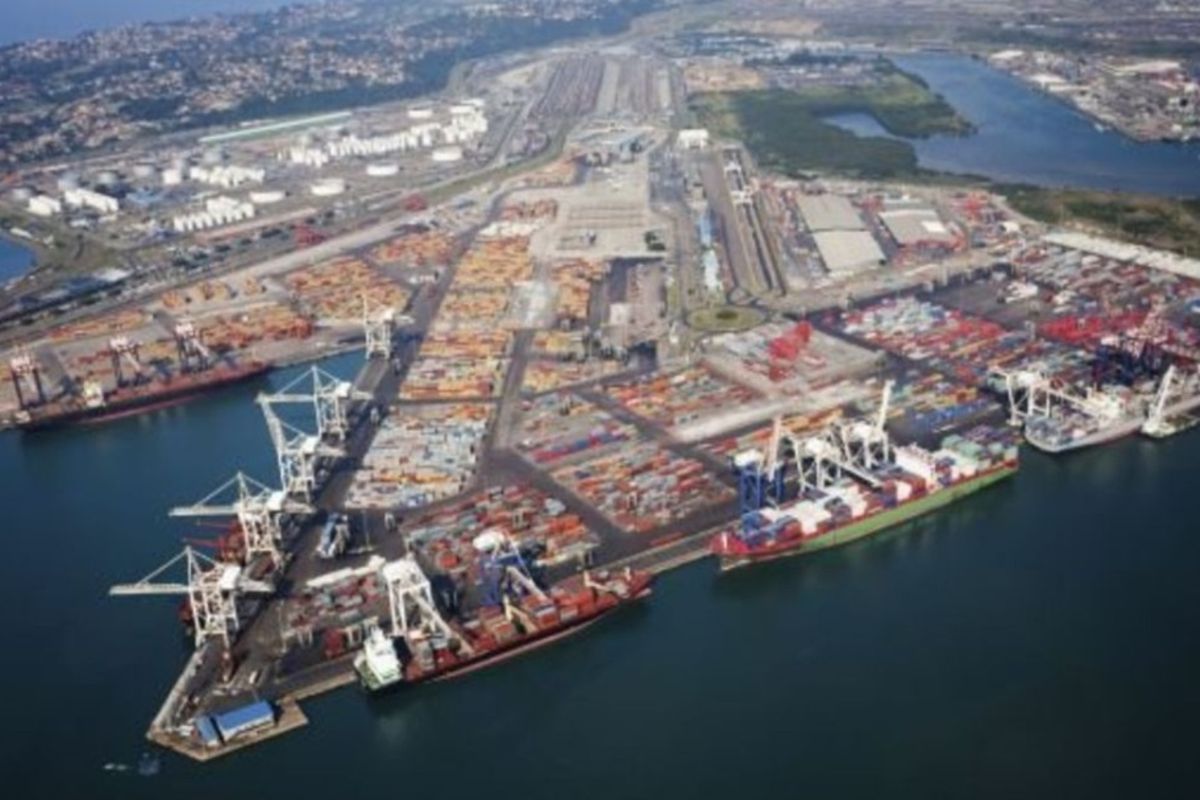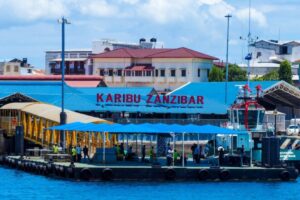
Editorial
Tanzania has been on an upward trajectory as far as its infrastructural goals are concerned. It has been more than 10 years since the country has witnessed tremendous transformations in its major cities, with Dar es Salaam and Dodoma setting the pace.
However, with such rapid changes, there are also cost elements attached. And just as it has been experienced in many developing countries, Tanzania is no exception.
With key megaprojects such as Nyerere Dam, the Standard Railway Gauge (SGR), Dar Port Expansion, and Bagamoyo Port, there is no denying that Tanzania has its plate full. But the implementation of these projects remains the most critical thing. And this brings us to the agenda of the day: sensible project management.
When we interviewed an economist and professor of economic policy from Oxford University, Stefan Dercon, he shared that what Africa lacks is a proper way to manage the implementation of its infrastructural projects in a way that is cost-effective, which means timely as well.
When governments line up developmental strategies for a particular timeframe, they attach a cost element that will ensure that that particular project is financed. The problem comes when a 5-year project with a 5-year budget takes 15 years to implement. This immensely stretches the budget and leads to costs that were not initially planned for. That is why whenever the country’s Controller and Auditor General (CAG) does an audit of government books, he or she is more likely to find huge gaps and over-expenditures in major projects.
As Dercon rightly put it, no one wants to spend more on something that they could’ve gotten for a cheaper price, but due to time lag, the cost element has to be borne by the person who commissioned the work. That is exactly what is happening when we do an assessment of some of the megaprojects in Tanzania that have taken decades to implement yet remain on the budget plan.
The biggest problem is that the funds for implementing such projects are often borrowed money. This means that the government has to pay it back. Due to the amount of time it takes to complete a project, the interest rates skyrocket, and the financial burden bites into the national budget as debt management becomes a concern.
Africa and the debt burden
When you look at Africa, you will find that many countries are facing a debt issue, and that is partly because they embarked on an ambitious development project that never really saw the light of day, but money was spent regardless.
As a way to get out of this needless quagmire, the economist advises that perhaps African governments, apart from improving internal savings and tax collections, should work closely with the private sector in order to work out a way of collaborating on mutually beneficial terms and push these projects in the right direction.
Whether the Tanzanian government will learn from past mistakes and find a more strategic way of implementing development projects without inviting more debts remains to be seen. But if current government rhetoric is anything to go by, then perhaps we are in a better situation today than the last five to six years; we just have to keep the right momentum.
Share this news
This Year’s Most Read News Stories

Serikali: Sampuli zilizochukuliwa hazijathibisha virusi vya Marburg
Wakati Shirika la Afya Duniani (WHO) likisema watu wanane wamefariki dunia kutokana na ugonjwa unaoshukiwa kuwa wa virusi vya Marburg (MVD) mkoani Kagera, Wizara ya Afya ya Tanzania imesema sampuli zilizochukuliwa hazijathibitisha uwepo wa virusi hivyo.Continue Reading

Zanzibar introduces $44 insurance fee for visitors
Visitors travelling to Zanzibar will now have to pay an insurance fee of $44 (about Sh118,360) with effect from September 1.Continue Reading

Tanzania can benefit from strategic investment in national pride
Travelling to a few places so far, I discovered that the Tanzanian passport can change the way one is treated at airports and international bordersContinue Reading










